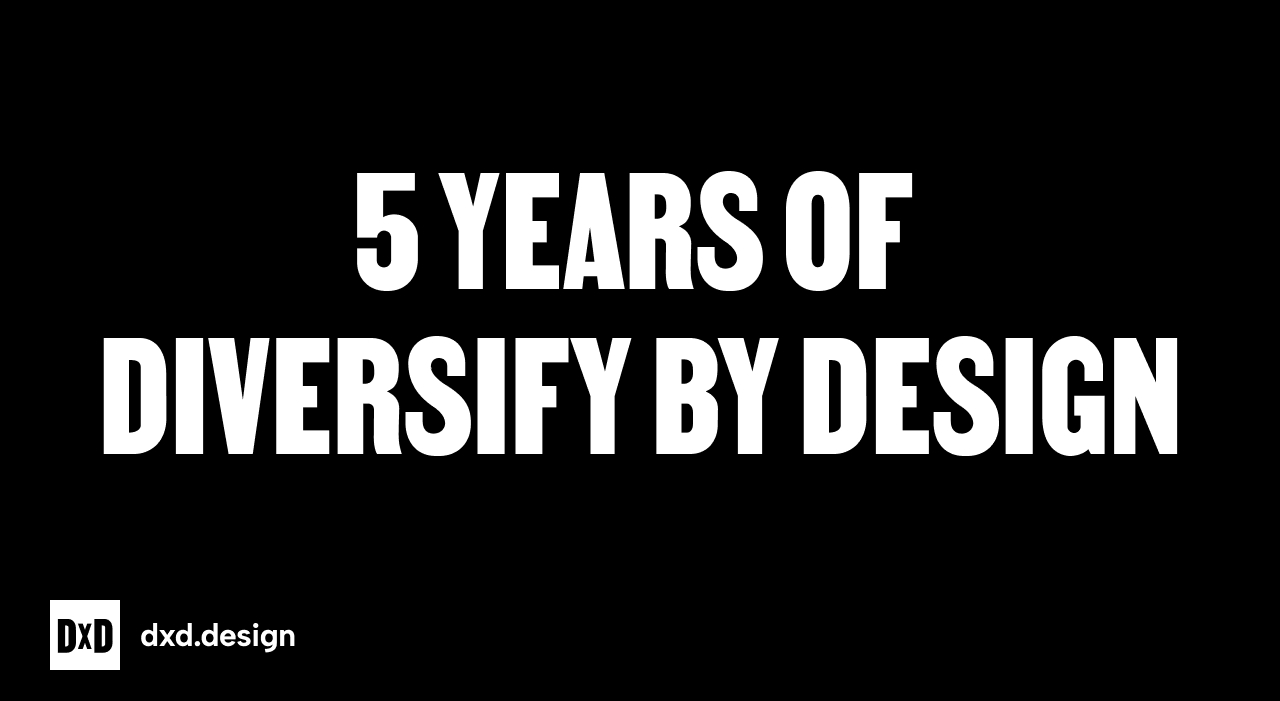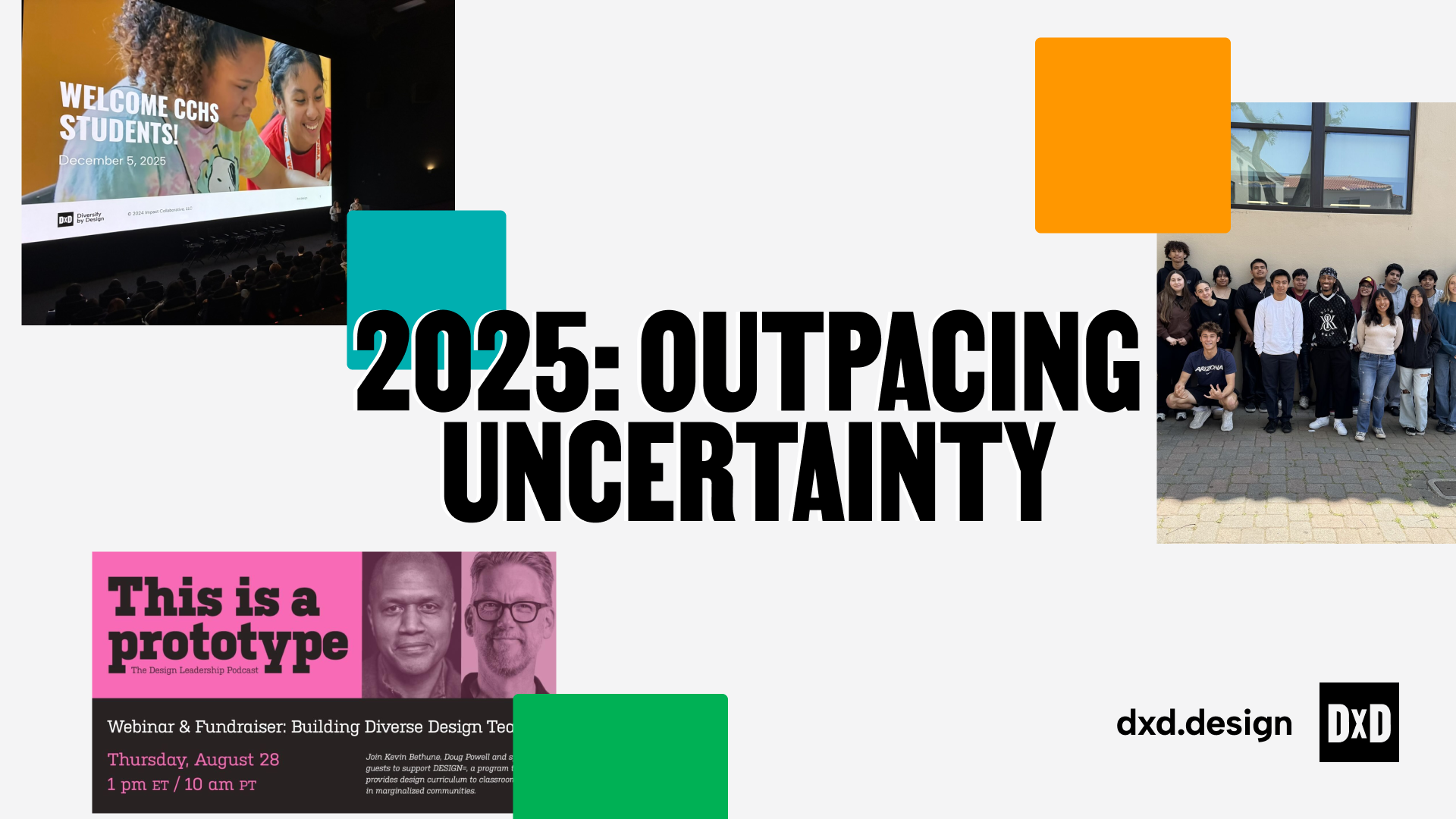Facing the Realities

Welcome back to The Only. A series where D×D connects with individuals who share their experiences of being the only in the room. We’re currently speaking with Keyarow Mosely, a graduate student at Pratt Institute who is in the midst of navigating being the only black woman in her master’s program. In our first installment, we discussed the initial expectations Keyarow had entering Pratt Institute. In this segment, we dive deeper into her firsthand experiences at the Institute, and how her identity shaped her interactions within the Pratt community.
Alaysia Brown: What was it like when the reality set in that you would be one of few or the only black woman in these classrooms? What was that like for you?
Keyarow Mosley: It was and still is a surreal experience. I spoke to many people who practice within the design industry, and they gave me a fair warning that it’d be like this, that I’d feel isolated, but it’s still surreal. The microaggressions, the tokenism, navigating the cultural differences between my peers and me, overall it’s a lot to manage at times.
Alaysia Brown: How did your identity as a black woman shape your interactions and experiences within the Pratt community?
Keyarow Mosley: It shifted because I felt more inclined towards advocacy work.
I went into this experience with an open mind, a mind to be inclusive. I needed to be included and not just in a passive way. I tried to understand and be open-minded towards other people's experiences to see how or even if I could bridge gaps.
It’s also worth mentioning that my work-study program was as a Research Assistant with Pratt’s admissions office, as it was not only my personal experience, but also from the vantage point of hearing other students' experiences, that shifted me into wanting to be in more of an advocacy role.
Advocacy is so important to me because I wonder, how can we create change if everyone is designing things that look the same? How can we design for inclusivity and accessibility when no one involved in these projects has had lived experiences with inclusivity or accessibility?
Alaysia Brown: I think it is interesting that black women, even if we're pigeonholed into an uncomfortable position, still wonder how we can make things better for the next student. We rearrange ourselves to make others feel safe and oftentimes don’t get the same in return.
Keyarow Mosley: Everyone is striving to succeed and unfortunately the pictures we are fed of success are usually not associated with minorities.
For example, I'm currently working on a project right now and it requires myself and a group member to create a mood board. I added pictures of black women to the mood board but by the time the mood board made it into the hands of my professor those pictures were no longer included. While I don’t feel my partner’s decision to remove the black woman was intentional, it's not a coincidence that she attempted to replicate the world she sees daily, and by doing this, I eliminated my voice.
I must advocate and speak up, it's essential.
In this installment, Keyarow Mosley discussed the challenges she faced and the importance of advocacy. Join us in the final segment as we explore how Pratt Institute supported or failed to support diversity and the positive experiences Keyarow encountered.












